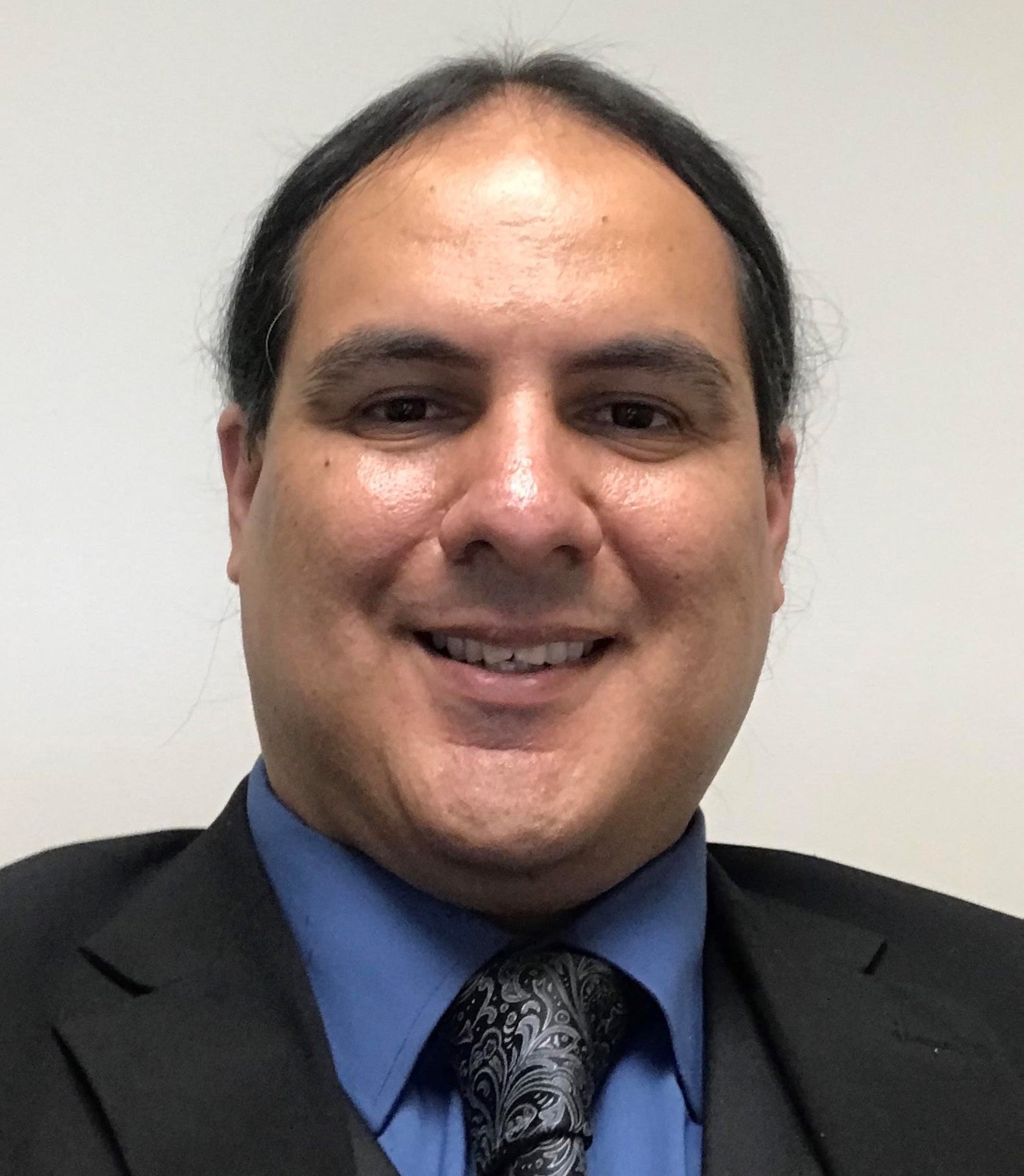- Assistant Professor; Anthropology Advisor
- Chafee Hall, Rm 503
- Email: tarhechu@uri.edu
Research
Dr. T’arhesi is a four-field trained linguistic anthropologist who merges both idiographic and nomothetic approaches to scholarship and research. His research agenda addresses a longstanding, heavily debated puzzle: what is language and how does it work? He tackles this big picture puzzle while focusing on Mesoamerica—specifically the P’urhépecha—with a secondary commitment to Amerindian populations across North and South America. In sum, Dr. T’arhesi’s life’s work focuses on the nexus between language and sociality across Amerindian societies.
Currently, Dr. T’arhesi is writing a monograph: For a Better Sunrise: The Bonfire Revolution in Cheran. For a Better Sunrise examines how Cheran’s P’urhépecha successfully ousted corrupt politicians and repelled drug cartels who controlled the local deforestation industry. He argues Cheran’s P’urhépecha successfully achieved their goals by means of native exegesis of ecological knowledge and a tacit, part-whole model deriving from P’urhépecha spatial language. Through these means, Cheran’s P’urhépecha combatted murder, extortion, and government complacency. The people no longer fear being extorted, murdered, nor having their crops or lands pillaged by outsiders. Dr. T’arhesi describes the events leading to the bonfire revolution, the aftermath, and potential P’urhépecha future as a model for political and ecological movements in Mexico and beyond.
Education
- Ph.D., Anthropology, University of Michigan, 2021
- M.A., Anthropology, University of Michigan, 2016
- B.A., Anthropology, University of California, Berkeley, 2012
Teaching Philosophy
I am committed to helping students learn, create, and apply scholarly insights about linguistic and cultural diversity. My teaching methods help students achieve four pedagogical goals: Perspective, from which students learn to understand themselves and others; Inquiry, from which students develop novel questions; Creativity, from which students learn to make new solutions; Versatility, from which students learn to work alone or with peers. We jointly cultivate and sustain these four pedagogical goals through a respectful intellectual environment. Students participate in the free exchange of ideas by listening to one another then agreeing or disagreeing based on their interpretation of opinions and facts.
Ultimately, my teaching helps students understand that responsible conduct in scholarship and research not only means being ethically oriented and treating those who make our work possible with respect, but it also entails reciprocity.

